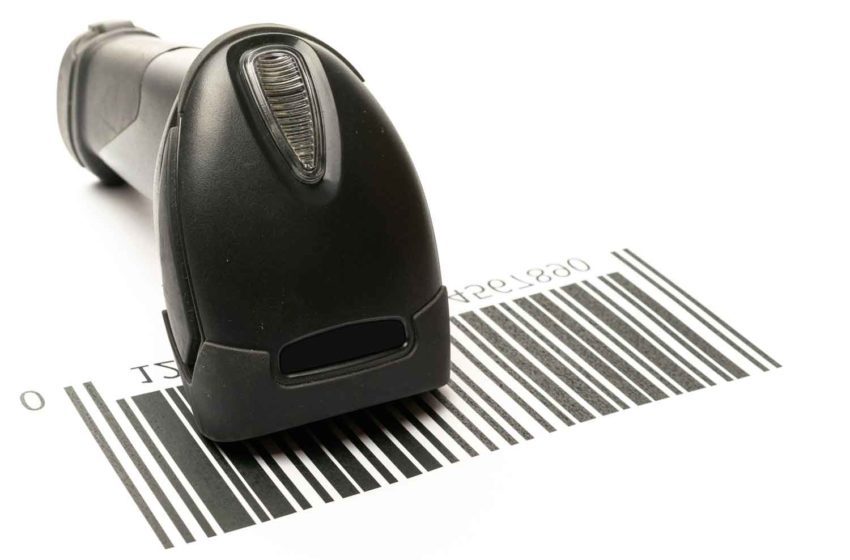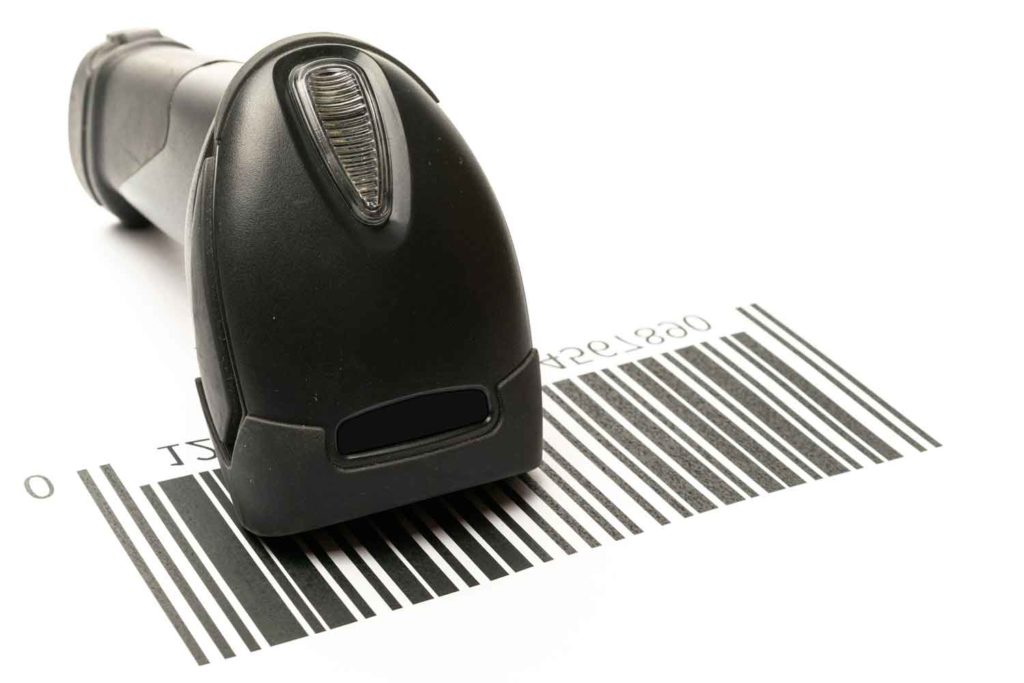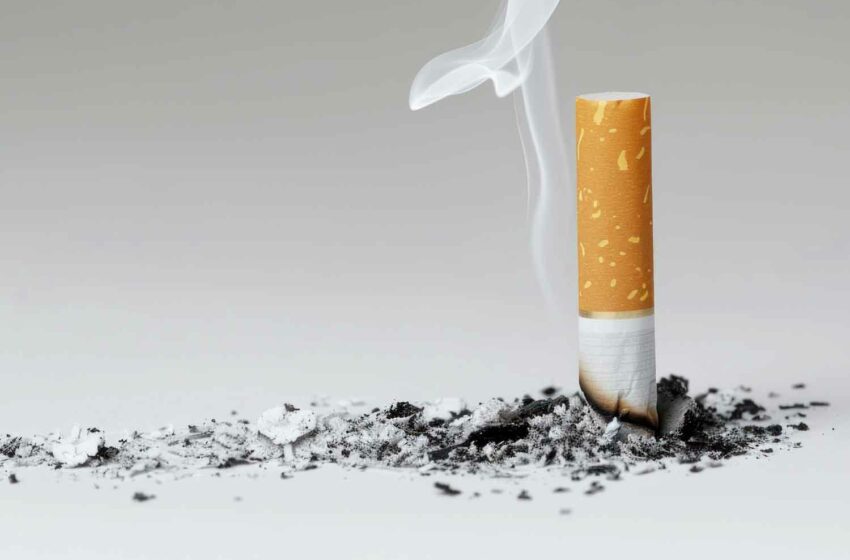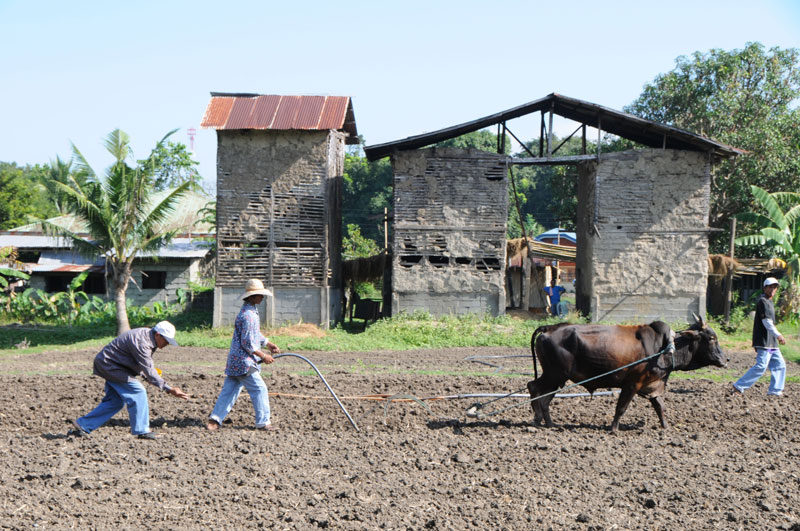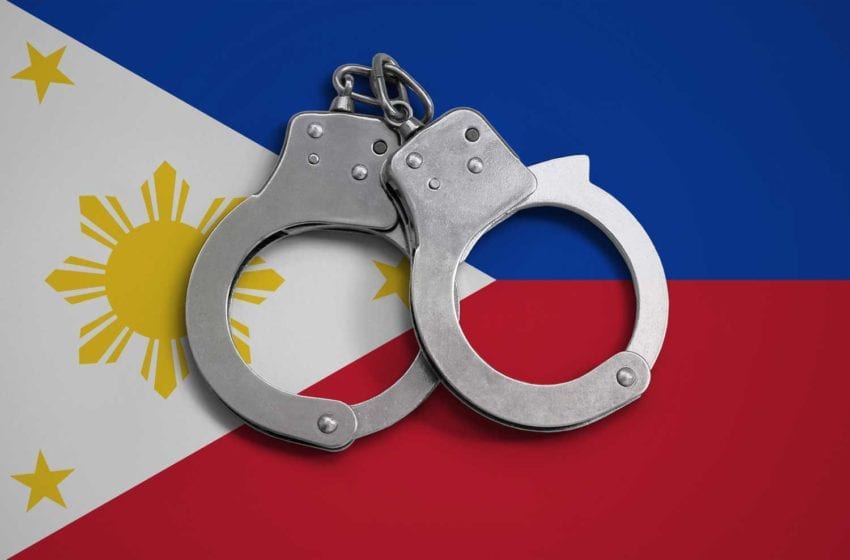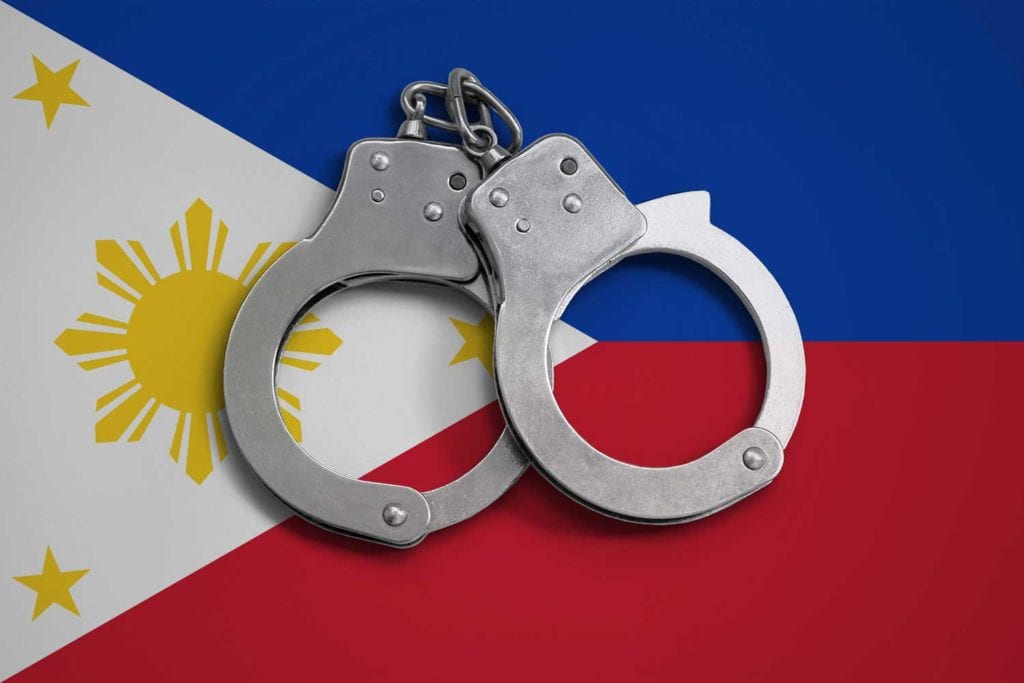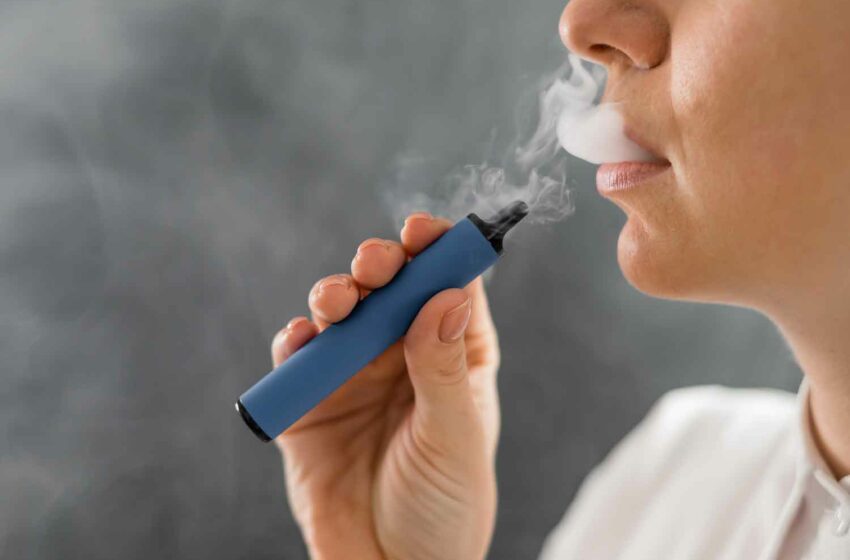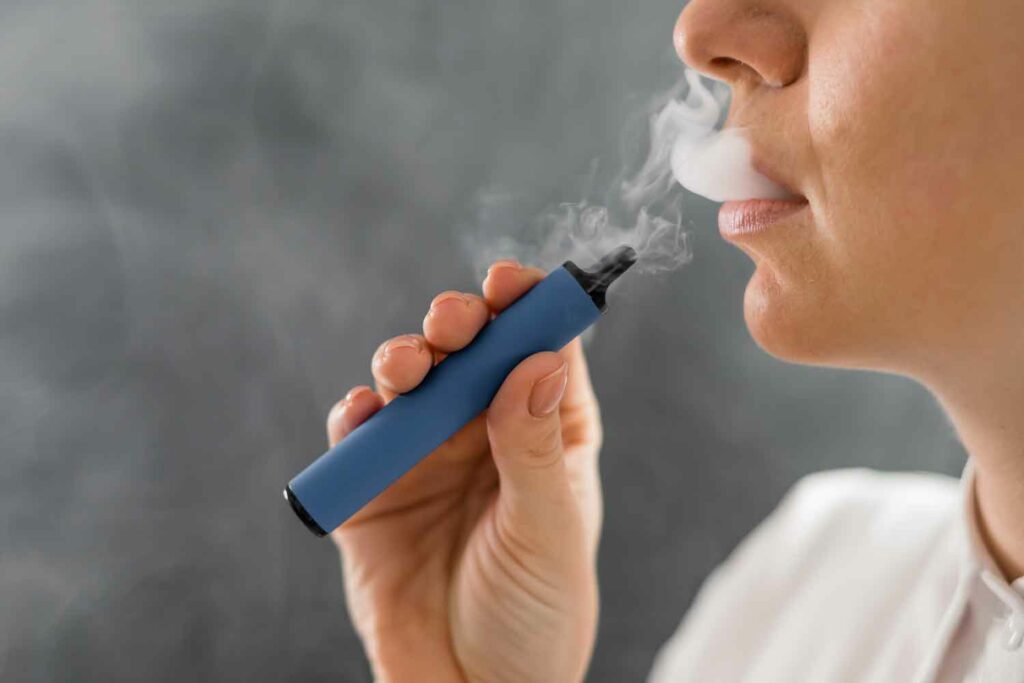
The Philippines tax authority has lowered the floor prices for tobacco products, citing lower production costs, reports Business World.
The floor price is the minimum price of products and is set by the Bureau of Internal Revenue (BIR), which considers production costs, excise tax and value-added tax in its calculations.
Under Revenue Regulations No. 016-2024, the floor price of a pack of cigarettes was lowered to PHP78.58 ($1.41) from PHP114.60 last year. A ream of cigarettes now costs PHP785.80 compared with PHP1,146 previously.
The floor price for heated-tobacco products was cut to PHP60.11 per pack from PHP120.40.
A 2 mL pod of nicotine salt now has a floor price of PHP180.67, down from PHP200 a year earlier. The floor price of a 10 mL bottle was set at PHP679.12.
A 10 mL bottle of classic nicotine, by contrast, now costs PHP181.72, up from the PHP179.20 set a year earlier, while the floor price of a 30 mL bottle was PHP263.73, down from PHP403.20 previously.
Retailers selling below the floor price risk fines of up to PHP500,000 and up to six years’ imprisonment.
“We are warning all e-marketplaces, online sellers, retail sellers, suppliers and distributors that are selling vapes, cigarettes and heated-tobacco products below the floor price … this is a criminal violation penalized by imprisonment of the seller,” said BIR Commissioner Romeo D. Lumagui Jr.






